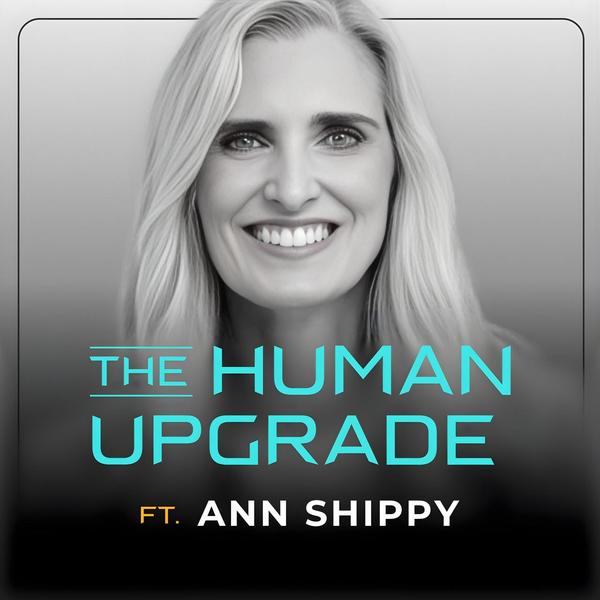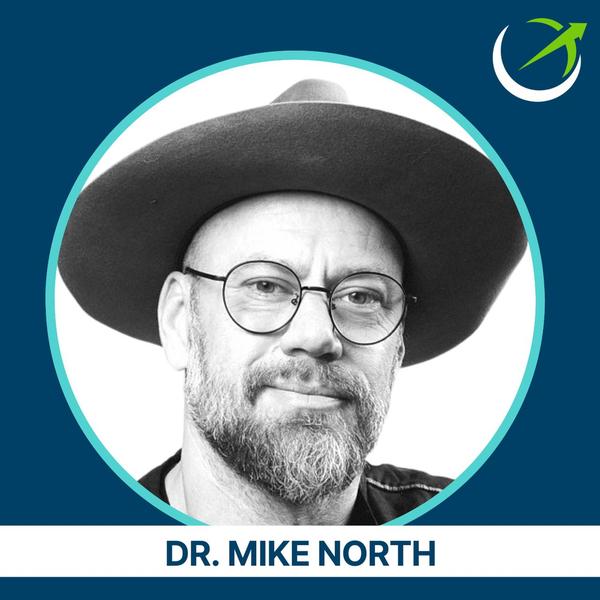How metabolic and immune system dysfunction drive the aging process, the role of NAD, promising interventions, aging clocks, and more | Eric Verdin, M.D.
Peter Attia
Aug 4, 2025
Mindsip insights from this episode:
Reevaluate ketogenic diet for social health and well-being
After two years on a ketogenic diet, Dr. Verdon found it socially isolating and did not feel "super healthy.".
Utilize organ-specific clocks to identify frailty points
New proteomic clocks can generate organ-specific aging scores from a blood draw, potentially identifying an individual's specific "frailty point" or weakest organ.
Prioritize immune and nervous systems to enhance aging resilience
The immune and central nervous systems are likely the rate-limiting organs in aging because they are distributed throughout the body and can influence every other organ.
Beware misleading epigenetic clocks in whole blood analysis
Epigenetic clocks measuring whole blood can be misleading, as a simple shift in the ratio of immune cells, which have different epigenetic ages, can create a false impression of rejuvenation.
Address NAD consumption issues instead of relying on supplements
Taking NAD precursors like NMN is like pouring water into a leaking sink, as the main problem is increased NAD consumption by enzymes like CD38, not a lack of production.
Reconsider mice as models for human longevity research
Mice may be a poor model for human longevity drugs because they are evolutionarily optimized for high mTOR activity, whereas humans are optimized for longevity.
Choose ketones for clean metabolic fuel
Ketones are likely the cleanest burning metabolic fuel in terms of producing byproducts like oxidative stress, followed by fatty acids, with glucose being the "dirtiest.".
Address declining vaccine efficacy in elderly populations
For people over 70, the success rate of most vaccinations can drop to as low as 30% due to the aging of the immune system.
Lower fasting insulin with GLP-1s like Tirzepatide
Contrary to the expectation that they would increase insulin, Dr. Verdon's personal experiment with Tirzepatide lowered his fasting insulin to the lowest measurable level.
Monitor homocysteine levels when using NMN supplements
A personal experiment taking one gram of NMN daily caused Dr. Verdon's homocysteine levels to more than double, from 7 to 15.
More from
Peter Attia
AMA #78: Longevity interventions, exercise, diagnostic screening, and managing high apoB, hypertension, metabolic health, and more
Ketogenic diet, ketosis & hyperbaric oxygen: metabolic therapies for weight loss, cognition, Alzheimer's & more | Dom D'Agostino, Ph.D.
The evolutionary biology of testosterone: how it shapes male development and sex-based behavioral differences, | Carole Hooven, Ph.D.
The impact of gratitude, serving others, embracing mortality, and living intentionally | Walter Green (#288 rebroadcast)
Thyroid function and hypothyroidism: why current diagnosis and treatment fall short for many, and how new approaches are transforming care | Antonio Bianco, M.D., Ph.D.
You also might be interested in
Dr. Casey Means: Eat like THIS to reduce your Risk of Metabolic Disease!
Biohacking Fertility for Men and Women at Any Age
Improve Energy & Longevity by Optimizing Mitochondria | Dr. Martin Picard
Dr. Casey Means: Stop Ignoring Your Health — Do These 5 Free Tests!
The Untold Science Of Vibration Therapy & The “BioDrive” Breakthrough That Regulates Your Mind and Body, With Dr. Mike North














